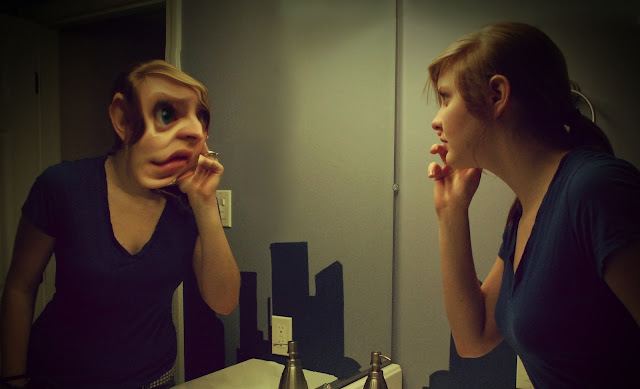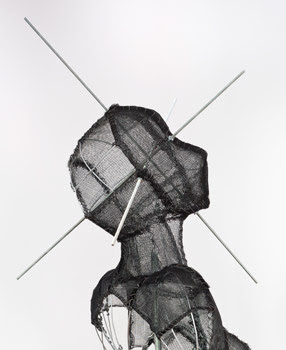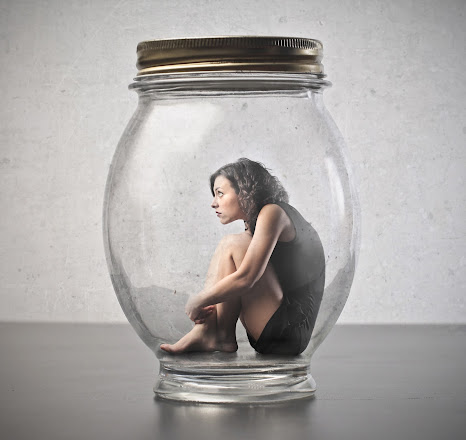After Childhood: From False Beliefs to Wholeness

Many people who have been actively or passively hurt as children often ponder the perpetrator’s motives and reasons behind it. “Why did you hit me when I was so helpless and vulnerable?” “Why didn’t you want to spend more time with me?” “Why didn’t you treat me like a person?” “Why did you demean and belittle me instead of encouraging and helping me?” “Why did you yell at me so much?” “Why didn’t you care that I was hurt?” “Why did you leave me alone with my troubles when I felt so overwhelmed and lonely?” “Why weren’t you a decent role model for me?” “Why did you disregard my feelings, wants, and preferences?” “Why didn’t you care more?” “Why didn’t you love me?” Children look for explanations of these things in order to make sense of it. Since putting responsibility on one’s caregivers is usually not allowed, the child internalizes it. Moreover, children are often explicitly blamed for being abused. And so “the explanation” involves self-blame, and results i








